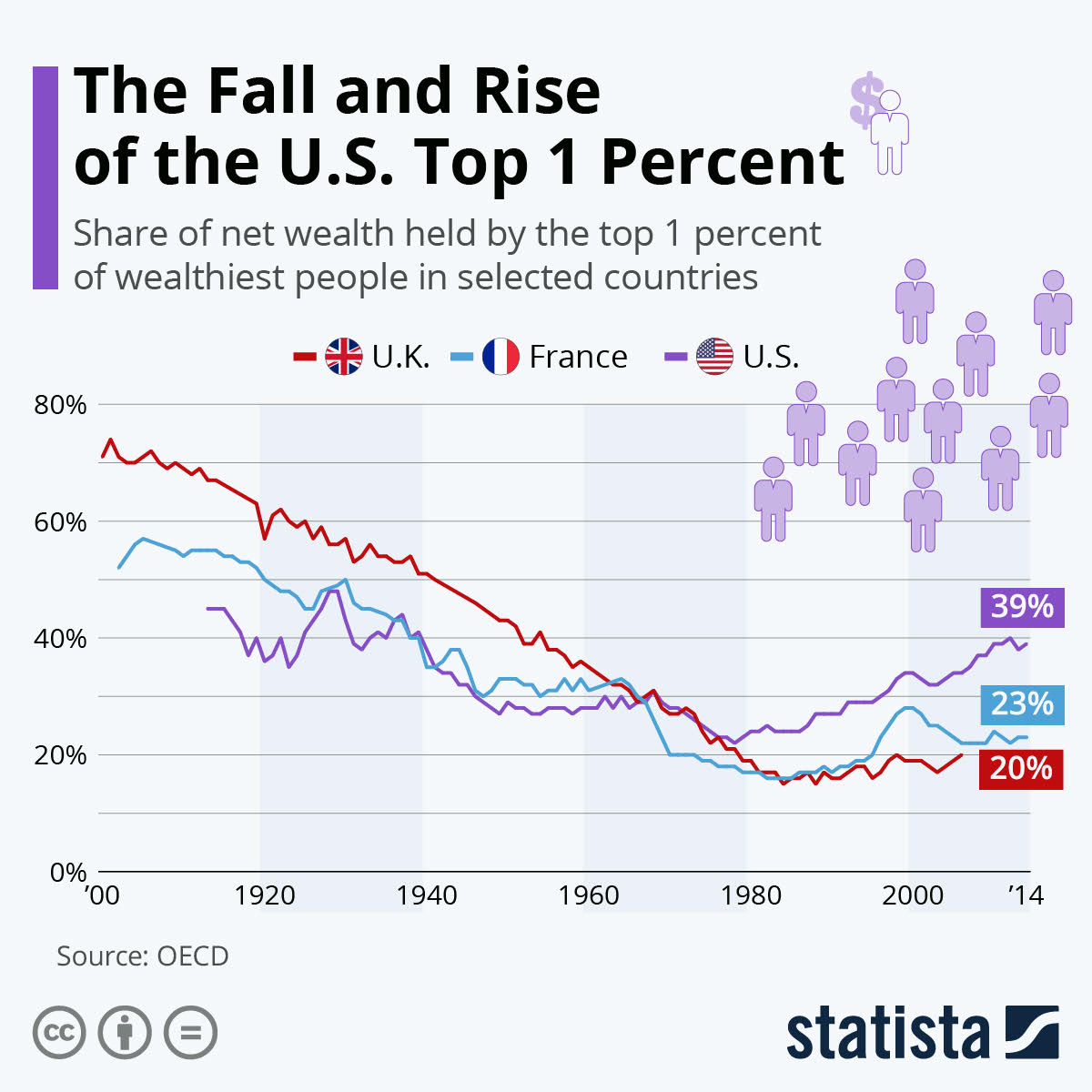The weekend is here! Pour yourself a mug of Danish coffee, grab a seat on the beach, and get ready for our longer-form weekend reads:
• The World’s Bubbliest Housing Markets Are Flashing Warning Signs: Global monetary tightening is squeezing homebuyers, adding risks that a slowdown could ripple through the economy. (Bloomberg)
• Where does the wealth go when asset prices go down? It vanishes into nothingness. I’ve been writing a lot about the crashes in the stock and crypto markets. Sometimes I say stuff like “Over $2 TRILLION of notional value has now been wiped out compared to the peak in late 2021.” And some people have been asking me: Where did all that wealth go? The short answer is: It didn’t “go” anywhere. It vanished. It stopped existing. That’s not a natural or intuitive idea — how can wealth just disappear? — so this post is an explainer of how that works. And as we’ll see, this has implications for policy, for how we think about inequality, and for how we plan our own financial futures. (Noahpinion)
• The Anxiety of Influencers: Educating the TikTok generation: According to a poll released in 2019, some 54 percent of Americans between the ages of 13 and 38 would, if given the chance, become a social-media influencer. A whopping 12% believed that this term already fit them. Once the purview of heiresses like Paris Hilton and Kim Kardashian, it seems that influencing has become fully democratized: “It’s the new A-list celebrity except it’s attainable for anybody. You can be in Cleveland, Ohio, alone in your bedroom, and you can get a million followers overnight. That’s fucking crazy. That’s never been possible. Wealth, fame, status has never been more attainable for anyone in the history of the world the way it is right now.” (Harpers)
• How Nike Won the Cultural Marathon: As the brand turns 50, it’s not letting up. After half a century there is no escaping the fact that, if Goldman Sachs was once described as the “vampire squid” on the face of humanity, Nike has become part of the root system that underlies the culture. And not just sneaker culture. (New York Times)
• Revenge of the Earthworms: A gardener’s best friend? Think again. How invasive Jumping Worms are wreaking havoc on our ecosystems. Their roughly palm-length bodies have a distinctive pale band encircling one end, have made their presence known. They can congregate in densities as high as 200 worms per square metre and chew through the top layer of organic matter in the soil, leaving behind a loose, easily eroded dirt that resembles coffee grounds. Forests, which seem to be particularly appealing environments for jumping worms, can lose as much as 95% of their layer of fallen leaves in a four-month period due to these infestations. (The Walrus)
• Spotify’s Billion-Dollar Bet on Podcasting Has Yet to Pay Off Joe Rogan, Bill Simmons, and Call Her Daddy haven’t fixed the business. (Businessweek)
• Peter Thiel helped build big tech. Now he wants to tear it all down. Inside the billionaire investor’s journey from Facebook board member to an architect of the new American right. (Washington Post)
• The Attention Span. “What am I Missing?” The [extremely simplified] thesis: There is a characterological difference between the hemispheres of our brain. Counter to pop psychology, both sides do similar things, but they do them in very different ways. Counter to scientific rebuttals, just because both sides can do similar things, doesn’t mean the way they do them isn’t radically important. (KCP Group)
• From bad refs to brain-eating amoebas: How climate change is reshaping warm-weather sports Increasing temperatures, rising sea levels and more extreme weather are affecting how we play outdoor sports at all levels, from the weekend warriors to the pros. (Grid)
• Here Comes the Sun—to End Civilization Every so often, our star fires off a plasma bomb in a random direction. Our best hope the next time Earth is in the crosshairs? Capacitors. (Wired)
Be sure to check out our Masters in Business interview this weekend with Jonathan Miller, discussing real estate, home sales, rentals, and whether cities are dead or not. Miller is the CEO and co-founder of Miller Samuel, whose data and analytics on real estate have become the standard for the residential real estate appraisal and brokerage industry.
The Fall and Rise of the U.S. Top 1 Percent

Source: Statista
Sign up for our reads-only mailing list here.
~~~
To learn how these reads are assembled each day, please see this.

